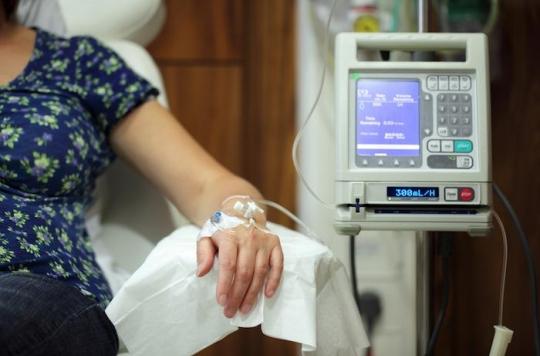According to a British study, 48 anticancer drugs marketed between 2009 and 2013 in Europe are not effective.

Novelty does not always rhyme with efficiency, according to one british study published in the British Medical Journal. These studies report that half of the anti-cancer drugs marketed in Europe between 2009 and 2013 bring no benefit to patients.
The team from King College London (Great Britain) analyzed all the scientific literature on the 48 molecules put on the market in recent years. All have received the green light from the European Medicines Agency (EMA).
However, it appears that the EMA experts are not very demanding. The clinical trials carried out on these different specialties do not suggest clear evidence of efficacy. The methodology of the studies is also in question. The researchers noted that a large majority of trials did not make it possible to assess the direct impact of these drugs on the survival or quality of life of patients.
“Marginal” benefits
The study indicates, for example, that a third of the specialties put on the market during this period demonstrated a prolongation of the survival of the patients. However, the effect is small: patients can expect to live between one and six months longer. Worse, only seven drugs have shown an improvement in the quality of life of patients in clinical trials.
In 2017, the researchers completed their work by researching data obtained in real life on these molecules. More than three years after their marketing, three specialties have shown an extension of the lifespan, and seven have allowed an improvement in the quality of life. However, these benefits appear “marginal” when the drugs are compared to a placebo.
A model to review
For governments, the pill should be difficult to pass. In fact, these new drugs, often presented as innovations, are costly to the health system.
“The expense and toxicity of anti-cancer drugs are such that we have the obligation to expose patients to treatments that will improve the survival or quality of life of patients,” commented Prof. Vinay Prasad, professor at the University of Oregon in an editorial published in the BMJ, adding that these results suggest “that we are far from this standard”.
In another comment, Emma Robertson, a representative of patient associations, also shares her bitterness. “It is clear to me and hundreds of patients like me that the current research and development model has failed.”
.

















